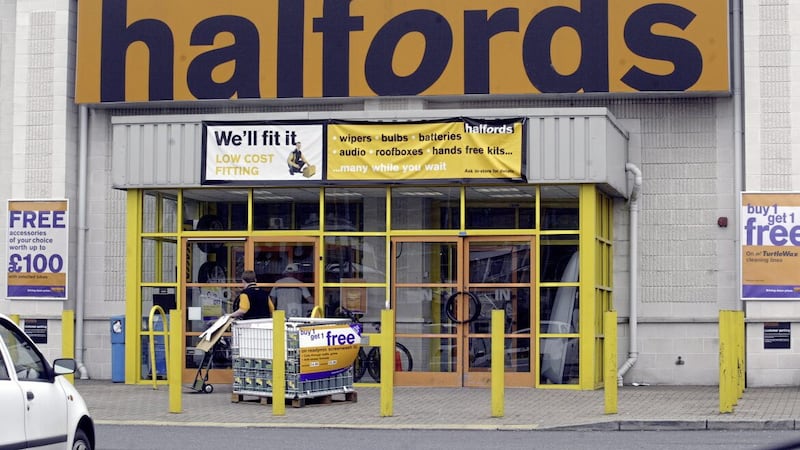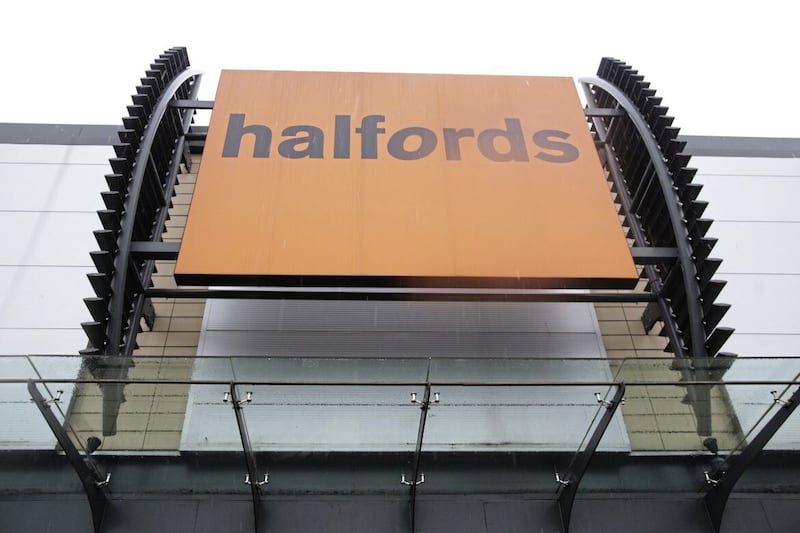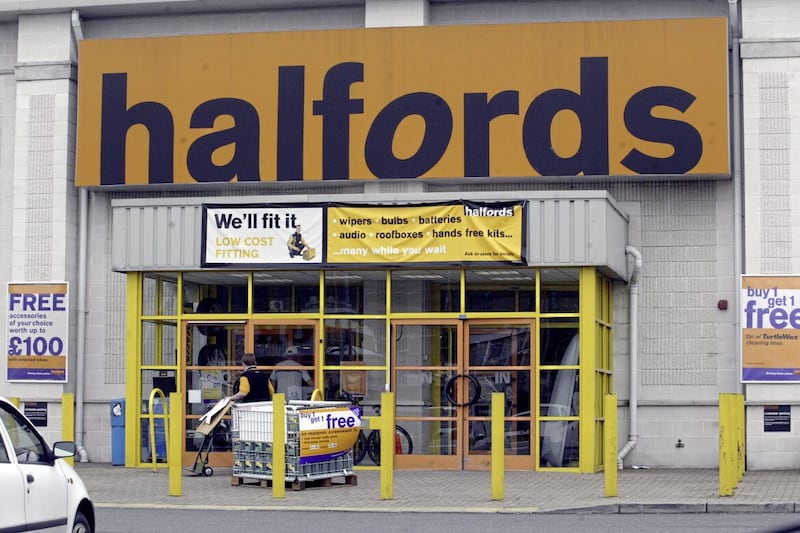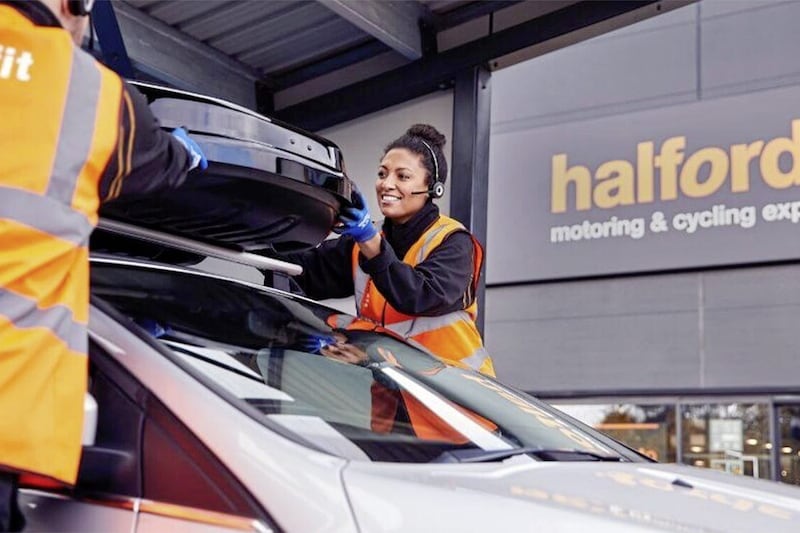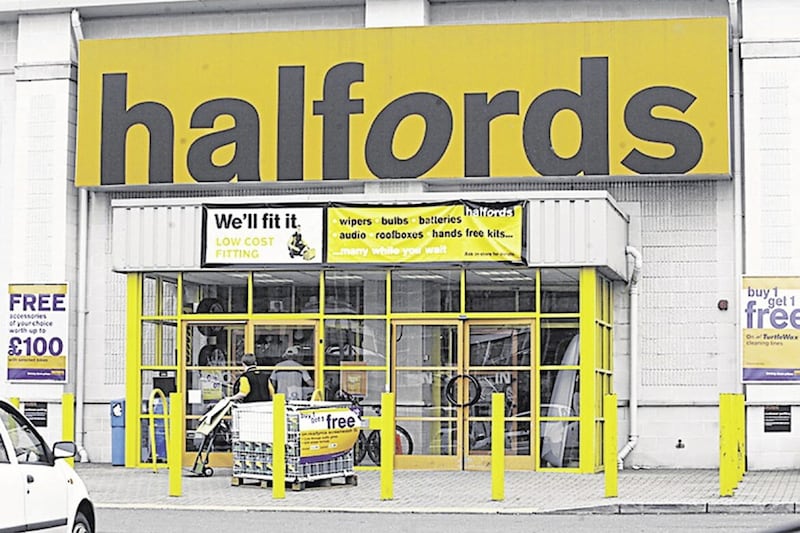RETAILER Halfords has revealed plunging profits just days after closing one of its key sites in Northern Ireland.
The group said its costs had surged by around £68 million in the year to March 31, as goods and shipping prices jumped higher, while customers cut back their spending.
Halfords also blamed “rising costs” after closing its Omagh outlet at the Great Northern Retail Park last week.
It reduced the car parts and bike retailer’s store network in the north to 13, with its Cookstown outlet now left to cover the whole of Tyrone and Fermanagh.
On Wednesday, Halfords said it took a hit in the sales of so-called big ticket items, such as bikes, as customers reined in their spending amid the wider cost-of-living crisis.
The group said pre-tax profits fell 55 per cent to £43.5m over the year, while underlying profits were 43 per cent lower at £51.5m.
But shares in Halfords rose more than 5 per cent as it said it was on track to grow underlying profits in line with market forecasts to £53.3m over the year ahead, with trading having been good so far in the first quarter and like-for-like sales higher.
Chief executive Graham Stapleton told the PA news agency consumers were cutting back on discretionary spending, but also some essential spending, such as on tyres.
Recent research by the chain found a 71 per cent surge in the number of vehicles with tyres below or near below legal tread depth as cash-strapped motorists delay buying replacements and also as a result of potholes and poor road surfaces.
He said: "We're pretty concerned about this.
"There's some big safety implications here."
He added that replacing tyres should be seen as "essential spending".
"If you're driving around on bald tyres, it's not only unsafe but also uneconomical, because the car will use more fuel," he said.
